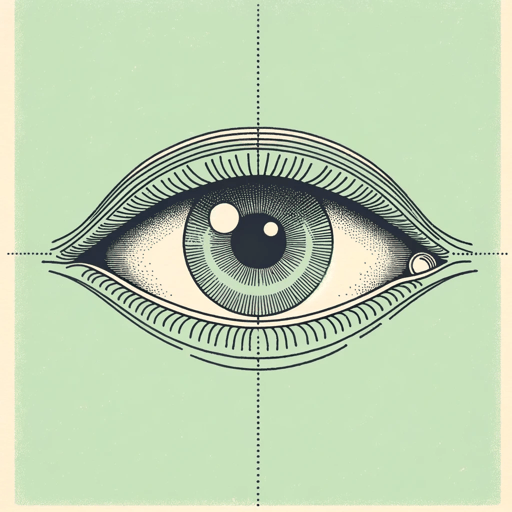42 pages • 1 hour read
Malcolm GladwellThe Tipping Point: How Little Things Can Make a Big Difference
Nonfiction | Book | Adult | Published in 2000A modern alternative to SparkNotes and CliffsNotes, SuperSummary offers high-quality Study Guides with detailed chapter summaries and analysis of major themes, characters, and more.
Important Quotes
“[…] one of these exceptional people found out about the trend, and through social connections and energy and enthusiasm and personality spread the word about Hush Puppies just as people like Gaetan Dugas and Nushawn Williams were able to spread HIV.”
(Chapter 1, Page 22)
These “exceptional people” belong to Gladwell’s Law of the Few: Connectors, Mavens, and Salesmen, who are responsible for triggering word-of-mouth epidemics. Gladwell links social epidemics to viral epidemics in this passage, but the Patient Zero/Gaetan Dugas theory of the proliferation of HIV was debunked after the publication of the book. However, he makes comparisons between social epidemics and viral epidemics throughout The Tipping Point.
“The HIV epidemic tipped in the early 1980s, in short, not just because of the enormous changes in sexual behavior in the gay communities that made it possible for the virus to spread rapidly. It also tipped because HIV itself changed. For one reason or another, the virus became deadlier. Once it infected you, you stayed infected. It stuck […] The Stickiness Factor says that there are specific ways of making a contagious message memorable; there are relatively simple changes in the presentation and structuring of information that can make a big difference in how much of an impact it makes.”
(Chapter 1, Pages 24-25)
When viruses become more “sticky,” they infect more people or become harder to heal. A similar thing happens to products or messages that have the quality of stickiness: More people purchase or remember the message, and it stays with them longer. A catchy jingle could course through a person's neural pathways for the rest of their life, as a sticky virus like HIV is always with them. A virus mutating to become even stickier is analogous to people modifying a message or product to enhance stickiness. Here, Gladwell hints at a theme he will develop later: People have the power to change the world by making surprisingly small changes in strategic ways.
Related Titles
By Malcolm Gladwell

Blink: The Power of Thinking Without Thinking
Malcolm Gladwell

David and Goliath: Underdogs, Misfits, and the Art of Battling Giants
Malcolm Gladwell

Outliers
Malcolm Gladwell

Talking to Strangers: What We Should Know About the People We Don’t Know
Malcolm Gladwell

The Bomber Mafia: A Dream, a Temptation, and the Longest Night of the Second World War
Malcolm Gladwell

What the Dog Saw: And Other Adventures
Malcolm Gladwell

